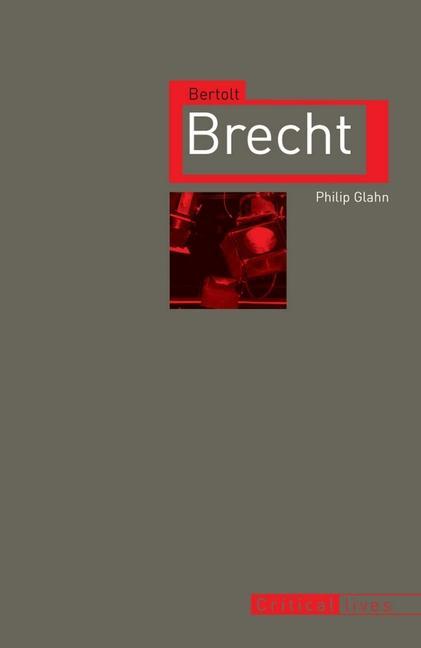
Zustellung: Fr, 01.08. - Do, 07.08.
Versand in 3-4 Wochen
VersandkostenfreiBestellen & in Filiale abholen:
Philip Glahn looks at Brecht s life and works through his plays and stories, poems, and political essays in order to illustrate how they trace a lifelong attempt to relate to specific social, economic, and political circumstances. Framed by two World Wars, the Weimar Republic and a global depression, Nazism and exile, and the East German version of socialist reality, Brecht s own life became a project, illuminating and intervening in the ongoing crisis of modern experience, shaped by capitalism, nationalism, and visions of social utopia.
Glahn reveals how Brecht upended and used as weapons the language and gestures of philosophers and beggars, bureaucrats and thieves, priests and workers. The results are scenes, chapters, rhymes, and questions that are at once funny and tragic, popular and complex, sharp, accessible, and full of pleasure in the contradictions of being an active part in the production of history. "Bertolt Brecht" will interest scholars and students of Brecht, as well as those who wish to know more about the life and work of this pivotal modern dramatist."
Glahn reveals how Brecht upended and used as weapons the language and gestures of philosophers and beggars, bureaucrats and thieves, priests and workers. The results are scenes, chapters, rhymes, and questions that are at once funny and tragic, popular and complex, sharp, accessible, and full of pleasure in the contradictions of being an active part in the production of history. "Bertolt Brecht" will interest scholars and students of Brecht, as well as those who wish to know more about the life and work of this pivotal modern dramatist."
Mehr aus dieser Reihe
Produktdetails
Erscheinungsdatum
06. April 2014
Sprache
englisch
Seitenanzahl
240
Reihe
Critical Lives
Autor/Autorin
Philip Glahn
Verlag/Hersteller
Produktart
kartoniert
Gewicht
371 g
Größe (L/B/H)
198/128/20 mm
ISBN
9781780232621
Entdecken Sie mehr
Bewertungen
0 Bewertungen
Es wurden noch keine Bewertungen abgegeben. Schreiben Sie die erste Bewertung zu "Bertolt Brecht" und helfen Sie damit anderen bei der Kaufentscheidung.

































